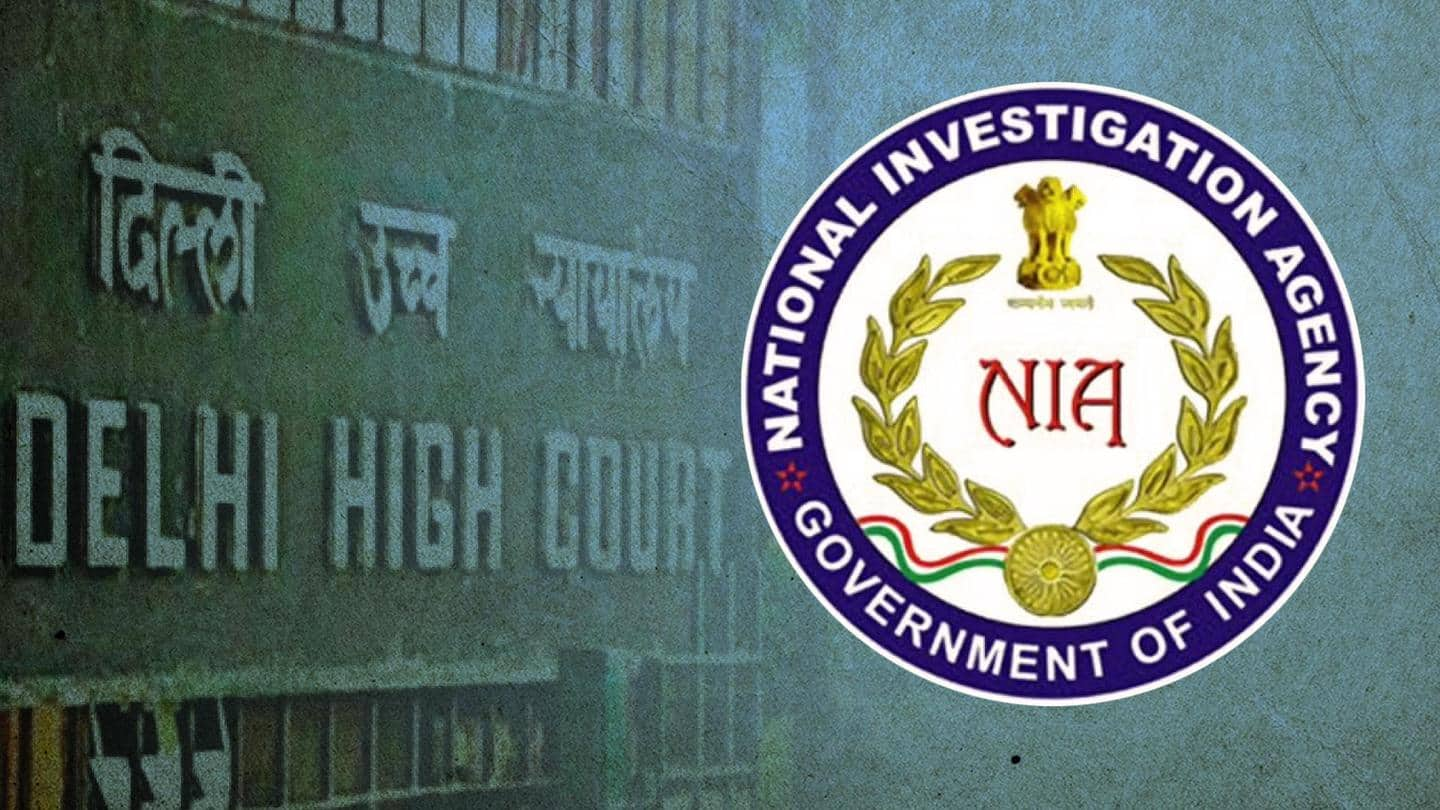
Mere possession of jihadi literature not an offense: Delhi court
What's the story
A Delhi court while hearing an Unlawful Activities Prevention Act (UAPA) case registered by National Investigation Agency (NIA) said that mere possession of "jihadi literature" does not amount to offense unless the philosophy is used to commit "terrorist acts."
The case by NIA has accused eleven people of aligning themselves with the globally recognized terrorist organization, Islamic State of Iraq and Syria (ISIS).
Context
Why does this story matter?
The Delhi court said that accessing objectionable material on the internet shows the disdainful ideology of a person but does not make an offense under law.
The court made a statement saying that accessing "articles about the manufacturing of Improvised Explosive Devices (IEDs) without any proof of the actual or physical act of assembling and manufacturing is hardly of any consequence."
Explanation
'Not fathomable in law unless executed'
Principal District & Sessions Judge Patiala House court, Dharmesh Sharma said that literature not expressly or specifically banned under any provision of law "is not fathomable in law unless and until there is material about the execution of such philosophy."
On accusations of the NIA, he said, "Such a proposition runs counter to the freedoms and rights guaranteed by Article 19 of the constitution."
Accusations
'Part of ISIS propaganda channels'
The NIA has accused them of being part of various ISIS propaganda channels on different social media platforms and propagating their violent ideology.
It has also accused them of "terror funding" over a transaction of Rs. 60,000 between the accused.
The eleven accused in the case are from different parts of the country - Kashmir, Kerala and Karnataka.
Other charges
'Caliphate rule in Jammu and Kashmir'
The NIA has accused them of intending to bring caliphate rule in Jammu and Kashmir.
While hearing the case, the judge remarked that there was no substantive material with the prosecution to justify the claim.
The judge said that the "unlawful intention" of the accused "could never materialize and that by itself is no offense under section 18 of the UA(P) Act."
Judgement
'Sympathizers but not committed terrorist act'
The judge noted that the material presented by the investigation agency at "the best demonstrates that almost all the accused, except one, were ISIS sympathizers and accessing highly radicalized jihadi material from the web world but there is no iota of material to suggest any of the accused individually or in association with one or the other committed or planning any terrorist act."
Remark
'Ideological bent of mind is certainly disdainful'
The court remarked that the ideological bent in the mind of the youth accused is "certainly disdainful, despicable and contrary to the ideals of the constitution of India."
It said that none of the accused had indulged in terror activity or hatched any such conspiracy. "They cannot be held prima facie to have committed the offenses in question," Live Law quoted judge as saying.
Highlight
'No membership of ISIS'
The court on the question of the accused being members of ISIS said that they might have been intending to become members of the organization but there was no material to establish the accused were members of the banned terrorist organization.
It added, "Even if they were impressed by the said philosophy and ideology, still they cannot be said to be members....."
Case details
Charges framed, one discharged
The court has framed charges against the accused under different sections of IPC and UAPA.
The accused are Mushab Anwar, Mundadiguttu Sadanananda, Rhees Rasheed Marla Deepthi, Mohd Waqar, Mizha Siddeeque, Shifa Haris, Obaid Hamid Matta, and Ammar Abdul Rahiman.
Muzamil Hassan Bhat, one of the accused, was discharged of all the charges by the Delhi court.